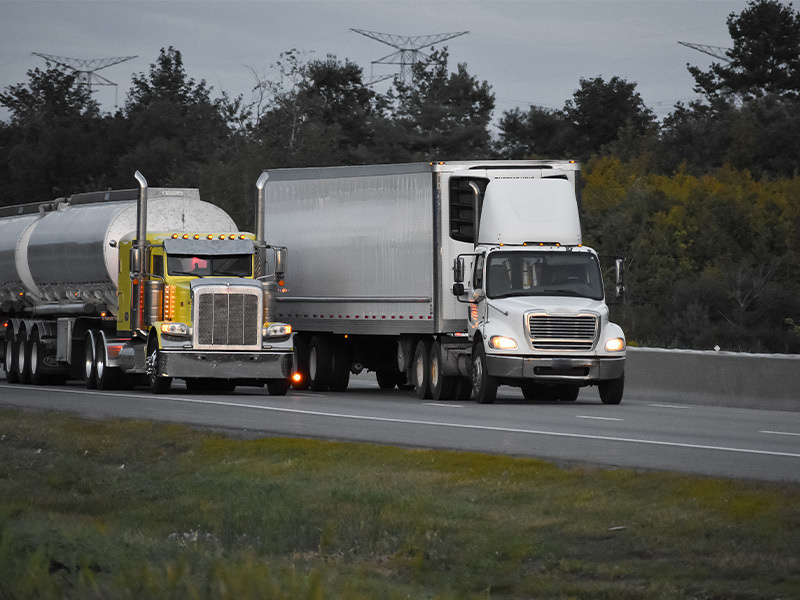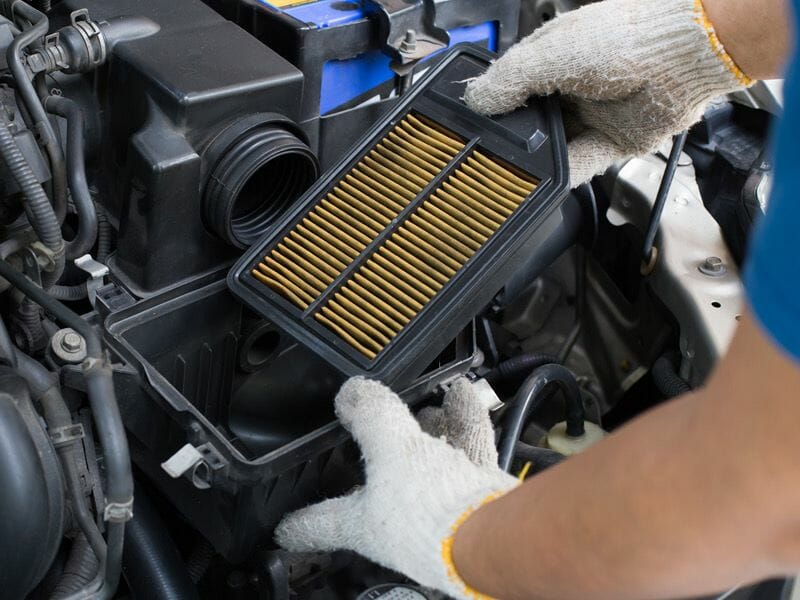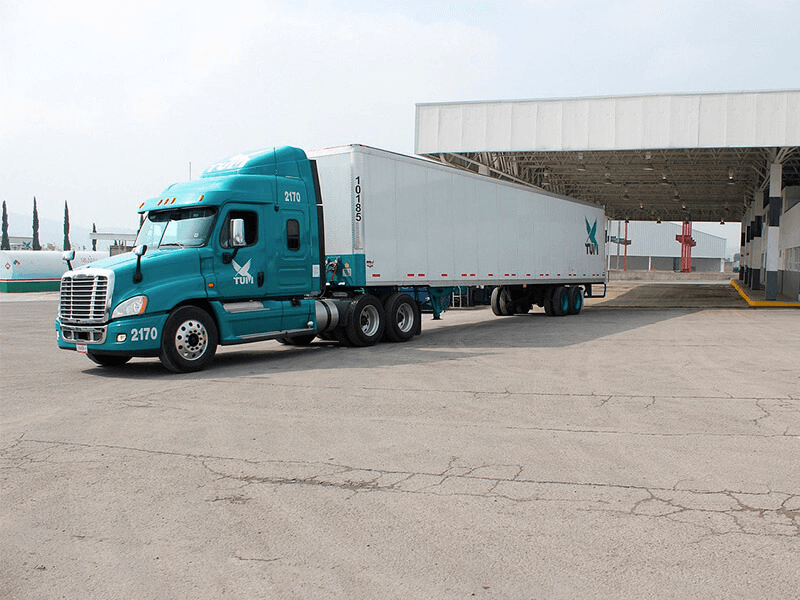
In an era marked by a growing emphasis on environmental responsibility, the trucking industry is undergoing a profound transformation toward sustainability. Trucking companies, drivers, and the truck repair shops that support them are embracing eco-friendly maintenance practices to reduce their carbon footprint and contribute to a more sustainable future. In this exploration of sustainability in trucking, we’ll delve into recent changes in the field, highlighting the innovative practices adopted by truck repair shops as Fast Service.
1. Embracing Green Technologies in Truck Repair Shops
Truck repair shops are at the forefront of adopting green technologies that minimize environmental impact. This includes upgrading to energy-efficient tools and machinery, reducing the carbon footprint of the repair process and contributing to long-term cost savings for the truck repair shop. Additionally, some forward-thinking truck repair shops are harnessing the power of solar energy to meet their electricity needs, with solar panels on the shop’s roof generating clean energy and reducing reliance on conventional power sources.
To know more about green technologies, contact us.
2. Eco-Friendly Parts and Materials
Truck repair shops are reevaluating the materials they use in repairs, opting for environmentally friendly alternatives. This involves sourcing recycled or recyclable parts for truck repairs, reducing the demand for new materials and minimizing waste. Additionally, some shops are switching to eco-friendly lubricants and fluids, enhancing truck performance while minimizing the environmental impact when these fluids are eventually disposed of.
3. Sustainable Waste Management Practices
Effective waste management is a cornerstone of eco-friendly truck repair shops. This includes implementing comprehensive recycling programs to ensure that materials such as metals, plastics, and paper are recycled rather than sent to landfills. Furthermore, eco-conscious truck repair shops prioritize the safe disposal of hazardous materials, preventing environmental contamination.
4. Efficient Energy Consumption
Reducing energy consumption is a key focus for sustainable truck repair shops. This involves upgrading to energy-efficient LED lighting, brightening up the repair space while significantly reducing electricity consumption compared to traditional lighting systems. Additionally, implementing smart heating, ventilation, and air conditioning (HVAC) systems ensures optimal energy usage, maintaining comfortable working conditions without unnecessary energy waste.
To know more about the energy consumption on Fast Service, contact us.
5. Training Programs on Sustainable Practices
Recognizing the importance of education in promoting sustainability, truck repair shops are investing in training programs for their technicians. This includes offering certifications in eco-friendly maintenance practices to ensure that technicians are well-versed in the latest sustainable repair techniques. Moreover, hosting workshops and training sessions on sustainability keeps technicians informed about new developments and encourages a culture of continuous improvement within the truck repair shop.
6. Eco-Audit Services for Fleets
Some innovative truck repair shops offer eco-audit services for trucking fleets. This involves conducting a thorough analysis of a fleet’s carbon footprint to identify areas for improvement and implement targeted eco-friendly maintenance practices. Additionally, these repair shops provide recommendations for green upgrades, including equipment changes and eco-friendly technologies, to enhance the overall sustainability of the fleet.
In conclusion, sustainability in trucking is not merely a trend but a fundamental shift toward responsible practices that benefit the environment and the industry as a whole. Truck repair shops play a pivotal role in this transformation, implementing innovative and eco-friendly maintenance practices. By embracing green technologies, utilizing sustainable materials, adopting efficient waste management practices, minimizing energy consumption, providing training on sustainable practices, and offering eco-audit services, these repair shops are driving the trucking industry towards a more sustainable and environmentally conscious future.
To get more information about us, follow us on Facebook and Instagram. Or call us right now for a road service on: repairtrucktrailer.com








